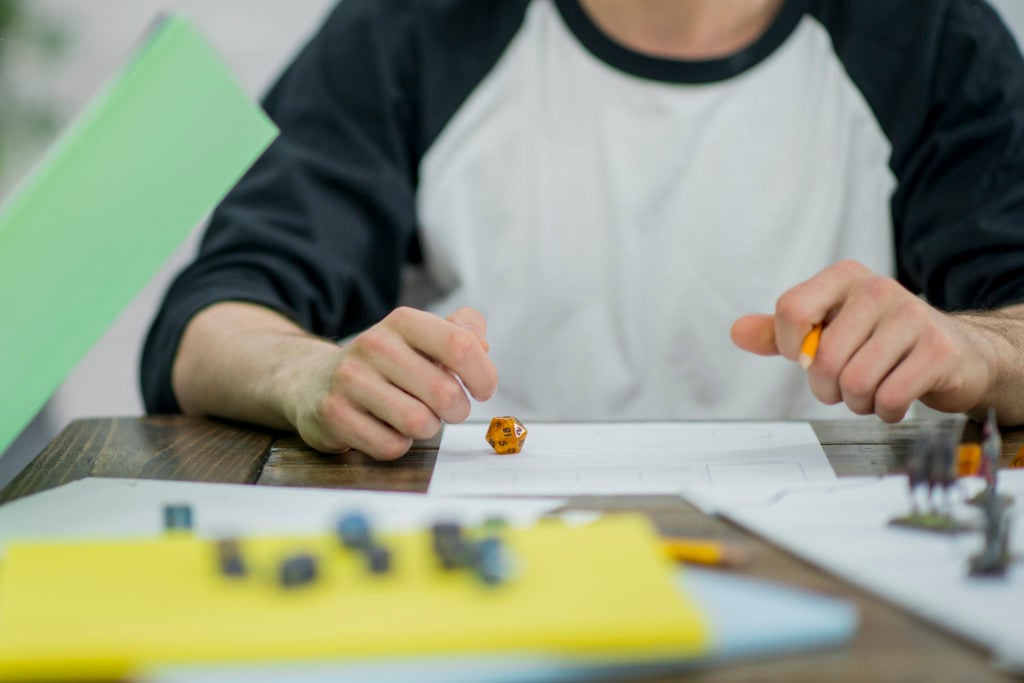For children with autism spectrum disorder (ASD), communication and social interaction can be challenging. It can be difficult to make friends because kids with ASD often find it hard to read social cues. Now, therapists are beginning to use fantasy role-playing games (RPGs) to help these young people engage with others, building social skills, confidence, and other skills. Dungeons and Dragons is one example of a game being successfully used for this purpose, but there are other RPGs out there that provide similar benefits. Why are these games so helpful?
- They’re collaborative. To effectively work with party members, players collaborate and create strategies. This helps develop communication skills, and triumphing together as a party strengthens bonds, increasing trust between players. It’s easy to see how the skills developed in these collaborations can be useful in real life.
- They provide the opportunity to develop decision-making skills. People with ASD often struggle with making decisions, but an RPG provides structure to help them learn to do this. There are character traits and backstories to choose, and players must make choices about their actions. Because this is an environment with no consequences in the real world, it takes the pressure off achieving a successful outcome. Players learn that decisions don’t necessarily have a set outcome but can result in a variety of conclusions.
- They’re transformative, allowing players to “become” someone else. These games are escapist, and players can base their character or their character’s ideals on themselves or make them the exact opposite. It’s a safe space to try on new identities and observe what happens.
- The games involve rules and consequences. These games have rules and structure built in, and the actions and decisions players make can result in different consequences.
- They’re interactive, giving kids opportunities to make friends and build social skills. These aren’t games that you can easily play on your own. Getting into character and interacting with other players can build confidence, increase social skills, and help start conversations. Along the way, friendships form as players connect with like-minded people.
- They require imagination, creativity, and flexibility. RPGs involve fantasy, and because they’re not video games, they require visualization. Players get to imagine whole worlds and civilizations, including fight scenes, cities, monsters, and fantastic creatures. They also have to be flexible, because the games require improvisation when a decision doesn’t have the intended result.

